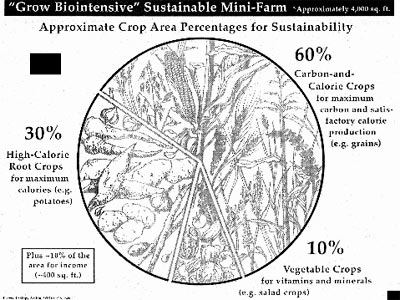A few things have happened to make me reconsider my choices. I started reading a book called Eating Animals by Jonathan Safran Foer. He promised in the beginning it wouldn't be another book stating the case for why everyone should be vegetarian. I admit, so far I don't think he is living up to his promise. I have a variety of issues with the book but one thing that stuck with me was his comment that "you can't call yourself an environmentalist and eat factory farmed meat." I am not sure if I "call" myself an environmentalist but to the extent that we all need clean air and water I think we have to be on the environmentalist spectrum and talk about it honestly. What the repercussions are of every choice we make about food.
Another interesting point that the author made is that these days it is pretty socially acceptable in the United States to tell people you are vegetarian. They might even ask when they invite you over for dinner. But telling people you only eat humanely raised meat is like calling them puppy dog killers or something. It is kinda important to me not to be "that person" who is such a pain in the butt that no one wants to eat with you or at least have you over or go out to a restaurant. This begs of course the question about our social and emotional relationships to food and to each other. Belonging is important. Eating is important. How do these things relate? How do social conditions dictate what is acceptable to eat?
As an environmentalist I also have to acknowledge that conventional farming of fruits and veggies may be just as damaging to the environment as animal farming. AND then there's whole issue with the "organic" label. That organic meat, eggs, milk can and often is produced on large scale "organic" farms that are just as terrible as conventional farms. I'll spare you the details. So in the end, whether or not someone cares about the wellbeing of animals or whether animals have feelings, we can all admit that farming practices are directly related to the health and longevity of the planet which is directly related to the length of time humans can survive here and our quality of life.
I ask you. Can I save the world living and farming in this beautiful place?
Another interesting point that the author made is that these days it is pretty socially acceptable in the United States to tell people you are vegetarian. They might even ask when they invite you over for dinner. But telling people you only eat humanely raised meat is like calling them puppy dog killers or something. It is kinda important to me not to be "that person" who is such a pain in the butt that no one wants to eat with you or at least have you over or go out to a restaurant. This begs of course the question about our social and emotional relationships to food and to each other. Belonging is important. Eating is important. How do these things relate? How do social conditions dictate what is acceptable to eat?
As an environmentalist I also have to acknowledge that conventional farming of fruits and veggies may be just as damaging to the environment as animal farming. AND then there's whole issue with the "organic" label. That organic meat, eggs, milk can and often is produced on large scale "organic" farms that are just as terrible as conventional farms. I'll spare you the details. So in the end, whether or not someone cares about the wellbeing of animals or whether animals have feelings, we can all admit that farming practices are directly related to the health and longevity of the planet which is directly related to the length of time humans can survive here and our quality of life.
I ask you. Can I save the world living and farming in this beautiful place?





